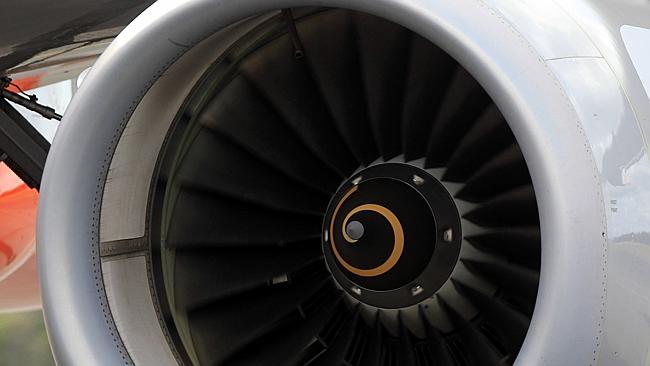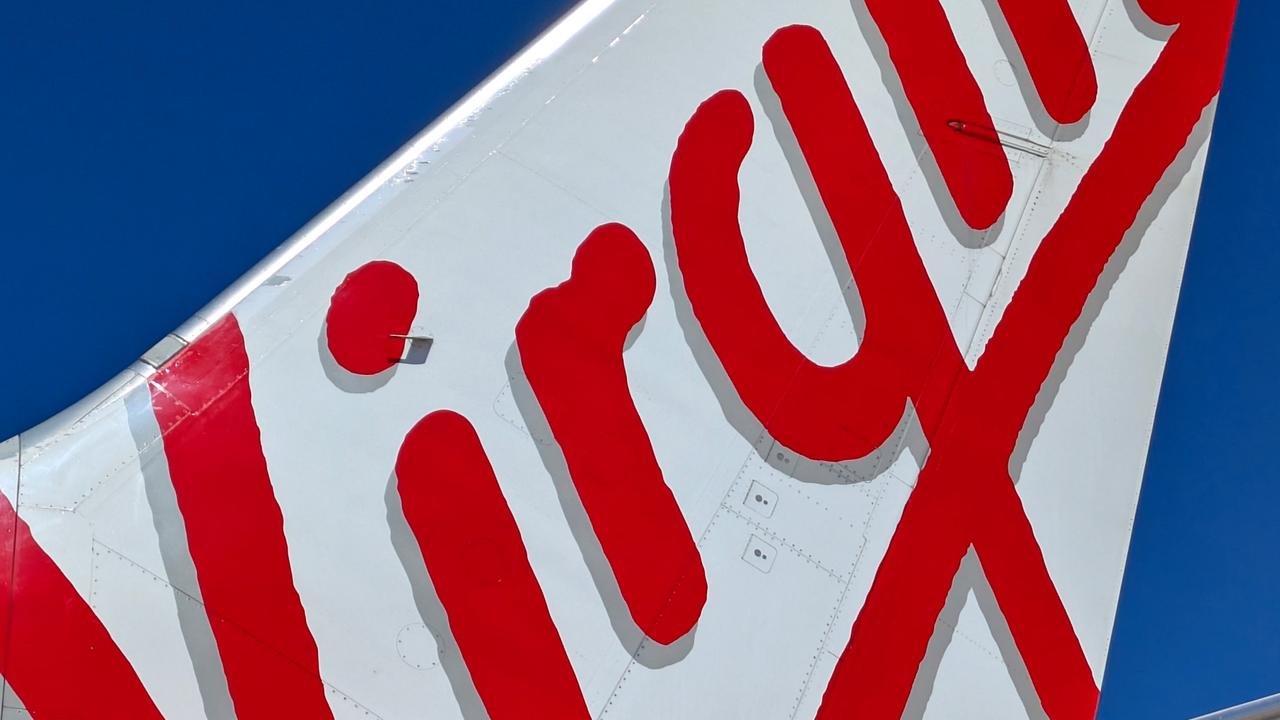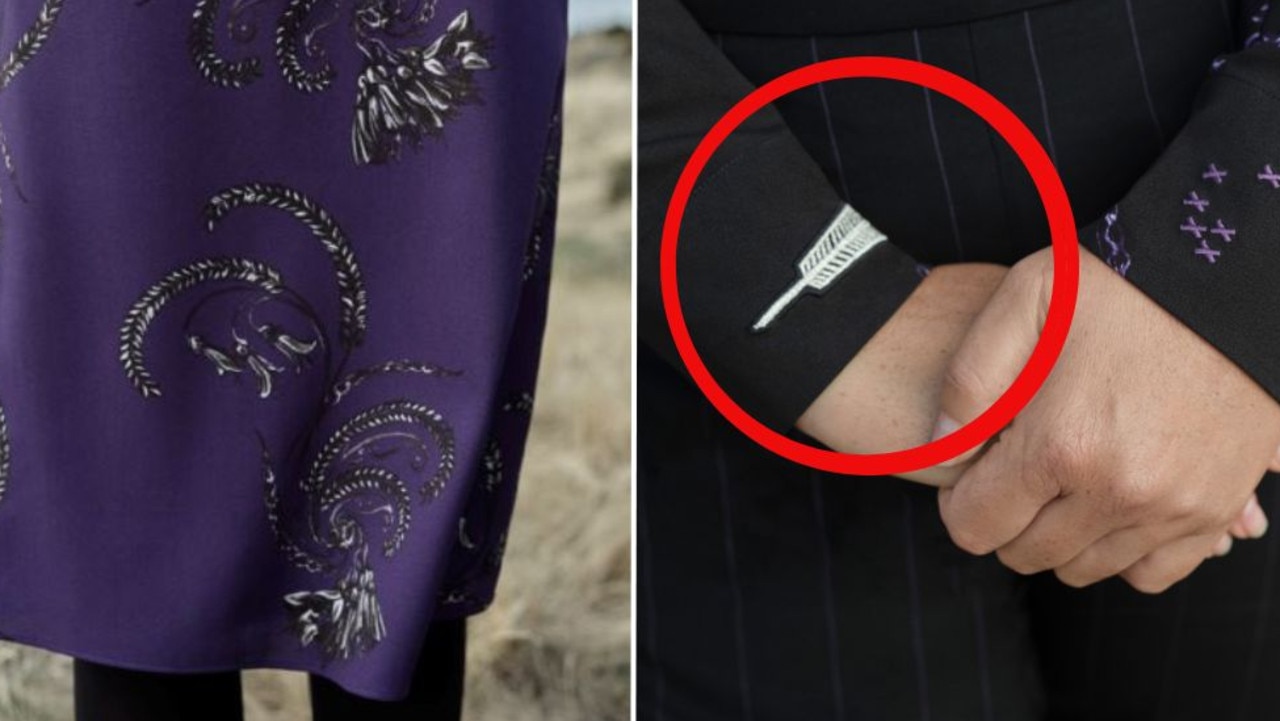Airlines told to explain failure to pass on carbon tax savings
THE competition watchdog is demanding further explanations from domestic airlines for failures to pass on a single cent in carbon tax savings.

THE competition watchdog is demanding further explanations from domestic airlines for failures to pass on a single cent in carbon tax savings.
Qantas, Virgin Australia and Regional Express all publicly claimed the introduction of the tax would cost them millions and they would have to pass the costs on to consumers.
But when the tax was repealed, they reversed their position, saying they had absorbed the costs and there were no savings to be found.
The Australian Competition and Consumer Commission is investigating why the airlines did not pass on savings after the tax was repealed, effective from July 1.
Fines of up to $1.1 million can be levied against corporations found to have breached legal requirements to pass the savings back to consumers.
A first round of please-explain letters failed to satisfy commissioner Rod Sims.
The ACCC told the Herald Sun: “The ACCC expects that if domestic airlines fully or partially recovered carbon tax costs … cost savings will be passed through to customers.’’
Small Business Minister Bruce Billson said the airlines’ claims were curious and he shared the ACCC’s scepticism.
“Those price increases now need to become price decreases, on the basis of those earlier claims,” Mr Billson said.
Mr Billson said the ACCC had “the tools and the teeth’’ to ensure carbon tax savings were passed on to the public.
Qantas paid a $106 million carbon tax bill last year, and put a “carbon tax surcharge’’ on tickets, but then said it had never passed on the costs.
“The $100 million annual carbon tax cost went straight to our bottom line, and that has been clear in our financial results over the past two years,” a spokesman said.
Virgin Australia, which had declared $47.9 million in unrecovered carbon tax costs, confirmed the ACCC had sought information from the airline, and that it had co-operated and would continue to do so.
Regional Express (Rex), which had claimed the tax would cost is $2 million in the first year, and that it would need to add $2 to each ticket, said yesterday it had not passed the cost to passengers.
“As there was no carbon tax component added to Rex’s fares, the fares did not change.
“Rex cannot be expected to absorb the carbon tax when it is introduced, and then pass something back when the carbon tax is removed,’’ a spokeswoman said.
Originally published as Airlines told to explain failure to pass on carbon tax savings



